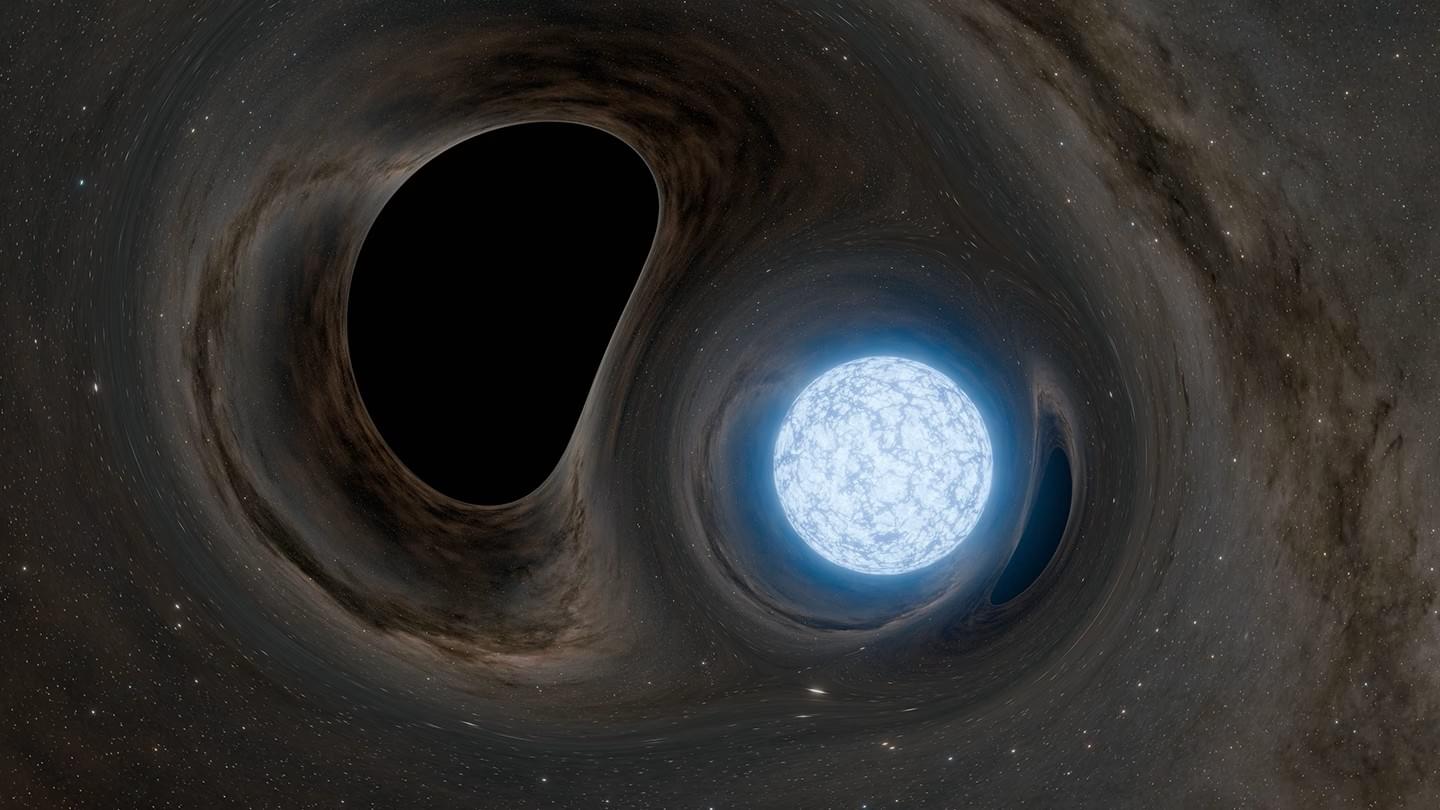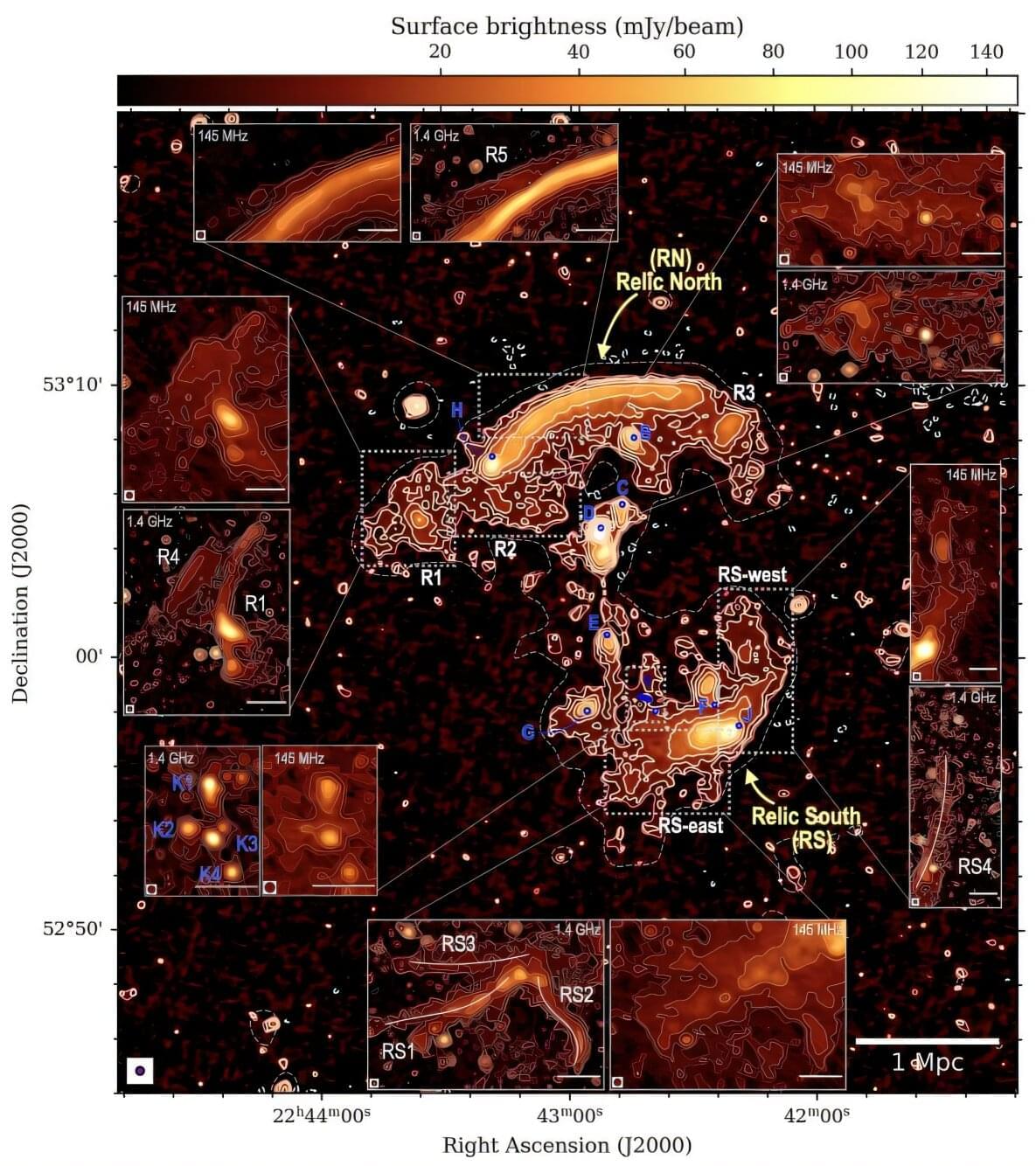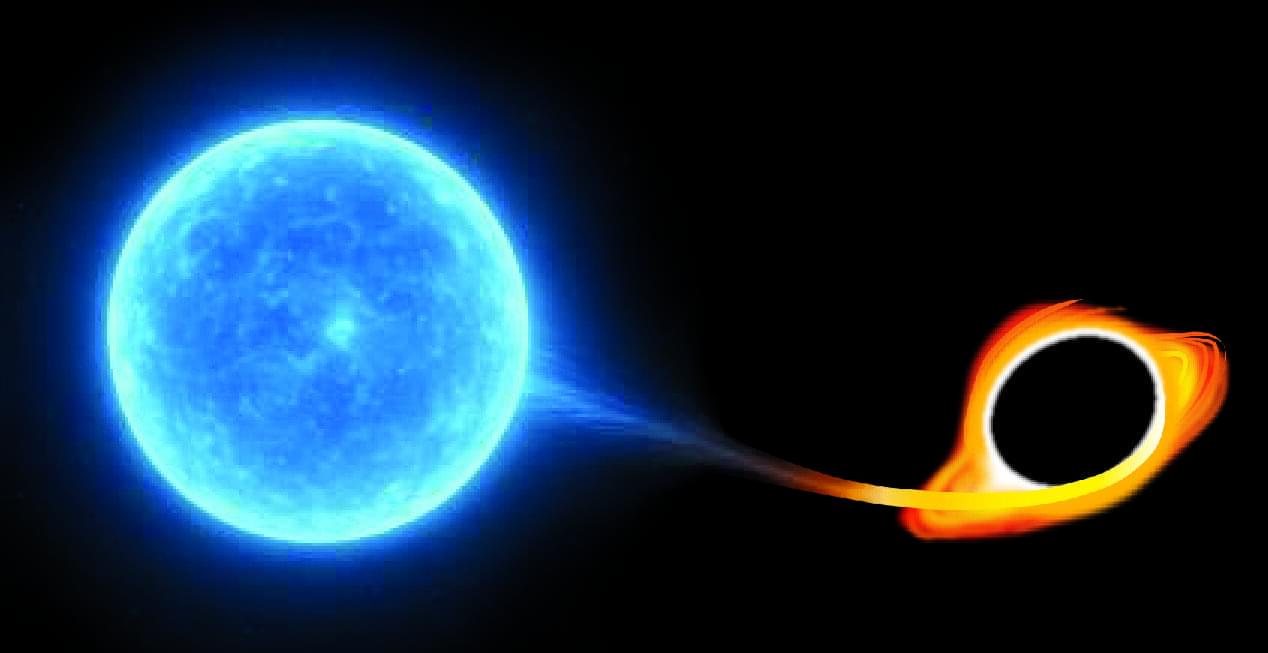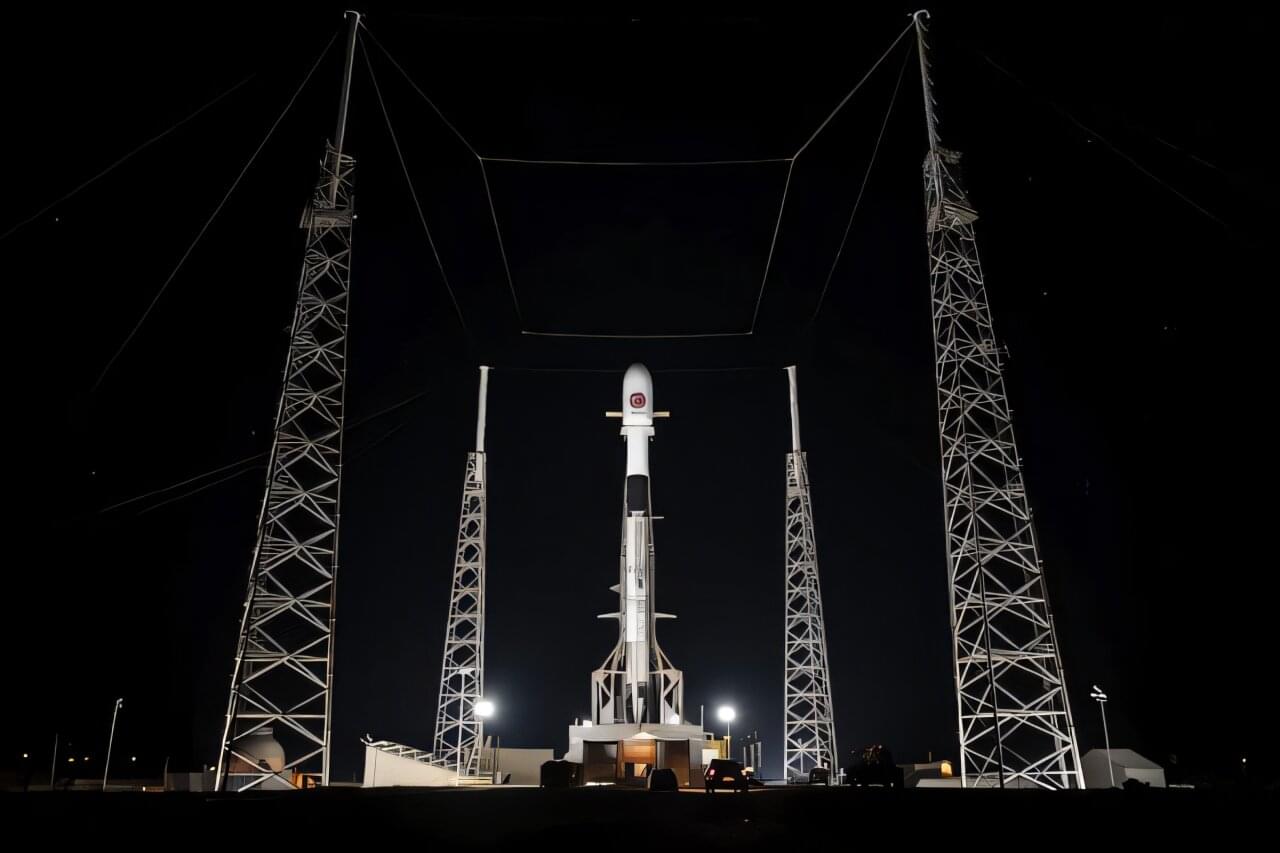The universe is full of spectacular and violent events, but few are more dramatic than a black hole tearing apart a star. Now, thanks to advanced computer simulations, scientists have gotten their closest look yet at what this cosmic catastrophe might actually look — and even sound — like.
A team of astronomers, led by theoretical astrophysicist Elias Most of the California Institute of Technology (Caltech), modeled the dramatic final milliseconds before a neutron star, the incredibly dense core left behind by a massive stellar explosion, is devoured by a black hole.






